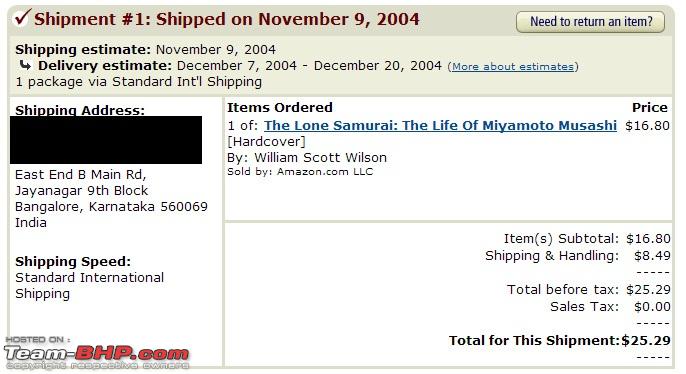
Amazon will never ask you for the following information in an email or text: your bank account, credit card number, PIN, mother’s maiden name, birth city, favorite pet’s name, or Amazon password.Īmazon has lot more detailed information about protecting yourself here. Whatever you do, don’t call the number (or click the link) the email or text gives you.Ħ. If you really think someone bought something using your Amazon account, go into your Amazon account and check your orders.ĥ. If you see a picture next to the email - the thumbnail - it should be the smile logo.Ĥ. It probably looks nothing like an address Amazon would use.ģ. Hover your cursor over the sender’s email address. Look for spelling and other grammatical mistakes.Ģ. Send us the original spoofed email, with the complete header information, using our report phishing form.ġ. As part of our ongoing commitment to stop spoofing, you can help us investigate spoofed emails. These lawsuits began with sellers alerting Amazon to suspicious emails. The company also says, “Amazon has filed several lawsuits against phishers and spoofers.

Amazon invoice scams password#
Often these emails direct you to a false website that looks similar to an Amazon website where you might be asked to give account information, such as your email address and password combination. These false emails, also called “spoofed” emails or “phishing,” look similar to legitimate emails from Amazon. Instead, such emails are falsified and attempt to convince you to reveal sensitive account information. However, sometimes you might receive emails that are not really from Amazon, even if at first glance they may appear to be.

The FTC report says this scam may be disproportionately harming older adults. Reported losses exceeded 27 million with the median loss per person being about 1,000. Action 9 advice on scams involving fake Amazon messagesĪmazon said on its website: You might receive emails from Amazon, such as Sold, Ship Now emails or Technical Notification emails. The agency says, From July 2020 through June 2021, about one in three people who reported a business impersonator to the FTC said the scammer claimed to be calling from Amazon.


 0 kommentar(er)
0 kommentar(er)
